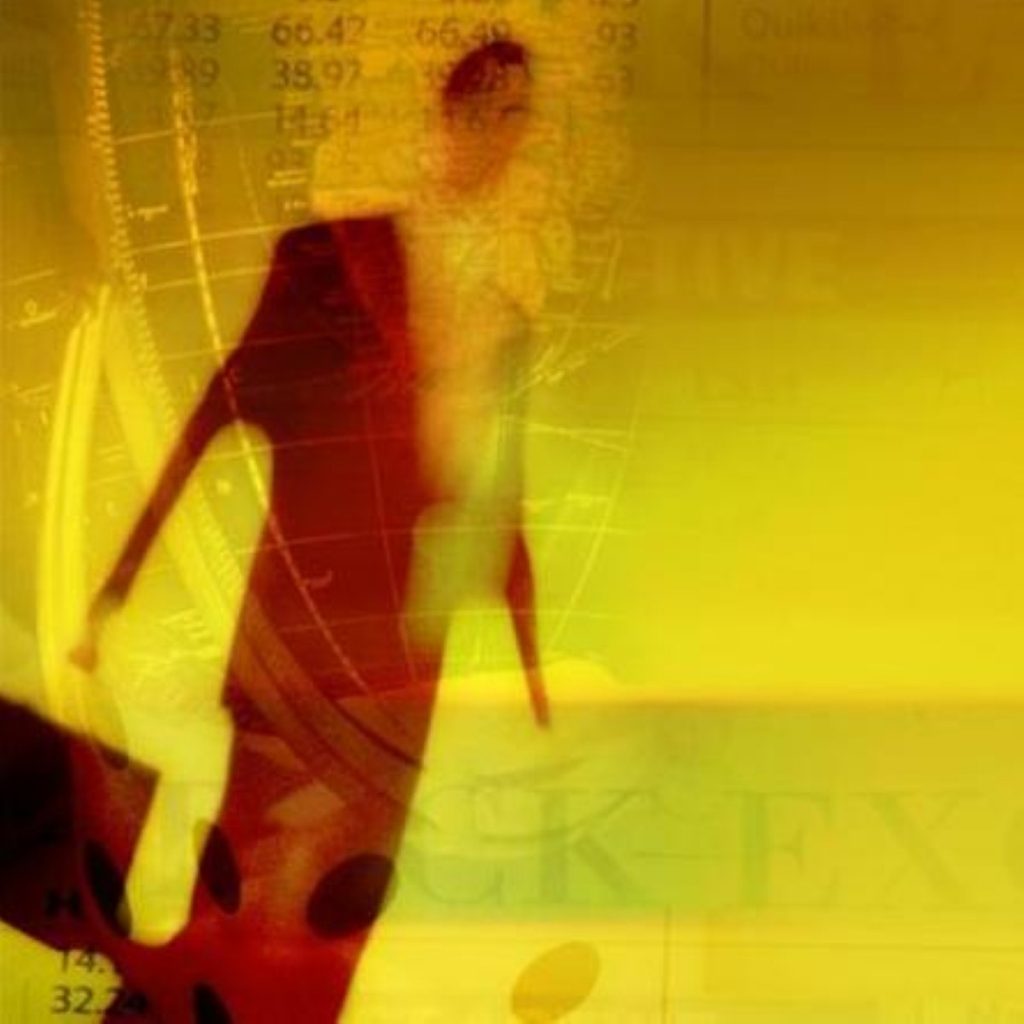Inflation on the rise
By politics.co.uk staff
Official statistics out today showed the inflation has risen, against widespread predictions of deflation.
The consumer prices index (CPI) – which is used by the Bank of England as a target for setting interest rates – was at 3.0 per cent in January and rose to 3.2 per cent for February.
The retail prices index (RPI) fell from the January level of +0.1 per cent to 0 per cent.


In September 2008, RPI stood at five per cent.
Inflation was pushed up by rises to food prices, most notably cucumbers and courgettes, as well as rising petrol and diesel prices.
Petrol prices rose 3.2p per litre last month, and diesel was up 2.1p.
However, inflation is still expected to fall further.
With inflation standing over three per cent, the governor of the Bank of England, Mervyn King, has been forced to write a fourth letter to the chancellor to explain why the inflation target was missed.
“Over the past two years, inflation has been noticeably more volatile than in the previous decade,” he wrote.
“My previous letters in June, September and December explained that most of the rise in inflation in 2008 was associated with developments in commodity prices, particularly those of food and energy.”
However, he stated inflation was now remaining high because of the weak value of sterling making imports more expensive.
He added: “Despite the increase in CPI inflation in February, we believe that the sharp decline in CPI inflation since its peak in September is likely to resume in the coming months.”
Mr King pointed to falls in energy prices and the collapse in world trade as lowering inflation – and the Bank’s role through low interest rates and quantitative easing was to hold back inflation being too low.
Alistair Darling replied welcoming the monetary policy committee’s “intention to look through the temporary effects on inflation.
“I note that you say that. [inflation] is likely to moderate significantly in the coming months, and may move below target as the effects of slower growth and falling global energy supplies. feed through.”
The Bank of England’s target for CPI is two per cent, but the Bank predicts the index to continue its slide from the September peak of 5.2 per cent to under one per cent.
The central bank predicts CPI to fall below two per cent until 2011 – with an outside chance of the index falling below -1.0 per cent.
It is hoped low interest rates and the Bank of England’s quantitative easing – pushing more cash into the economy – will hold back the tide of continuing deflation.
The rapid fall in inflation was due in part to the falls in oil prices – from the peaks at over $140 a barrel last year to the current level of around $50.
“Despite the rise in February, we still expect annual CPI to fall back substantially over the coming months,” said Howard Archer, chief UK economist at IHS Global Insight.
“This is expected to be the consequence of heightening pressure on retailers to price competitively as consumer spending increasingly wanes, companies’ diminishing pricing power through the supply chain, sharply lower oil and commodity prices compared to 2008’s peak levels, and favourable base effects as last year’s sharp rises in utility prices increasingly drop out of the calculation.
“Nevertheless, the current stickiness of inflation suggests that there is a reduced likelihood that consumer price inflation will turn negative later this year, although retail price inflation certainly will as lower mortgage rates impact.”
He added flat RPI meant many workers are likely to wage freezes or even pay cuts.

